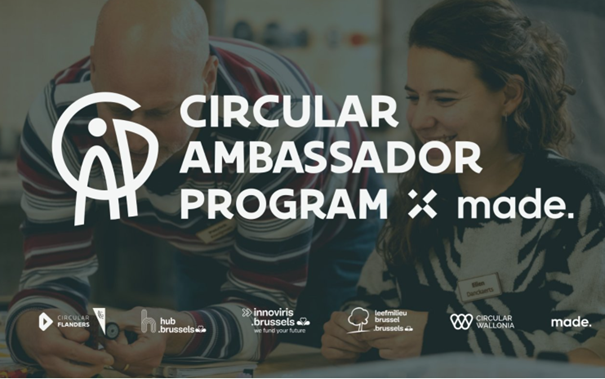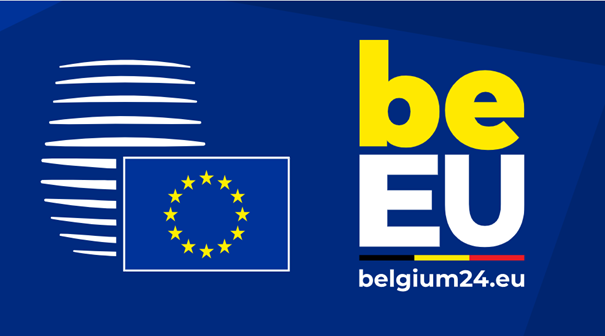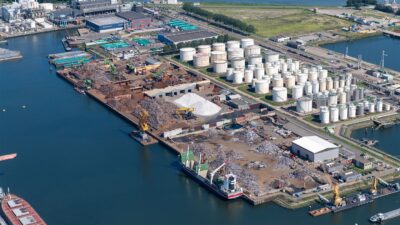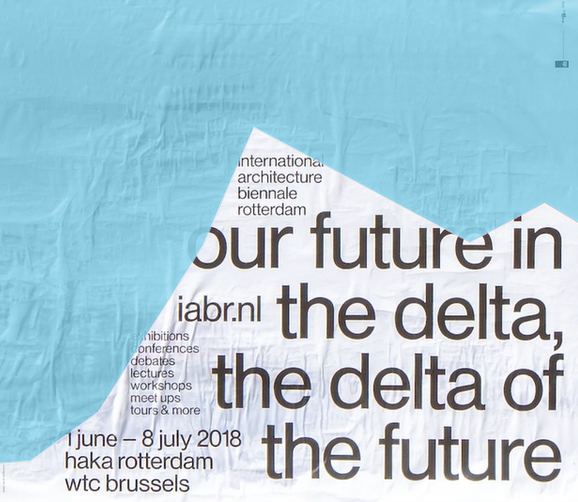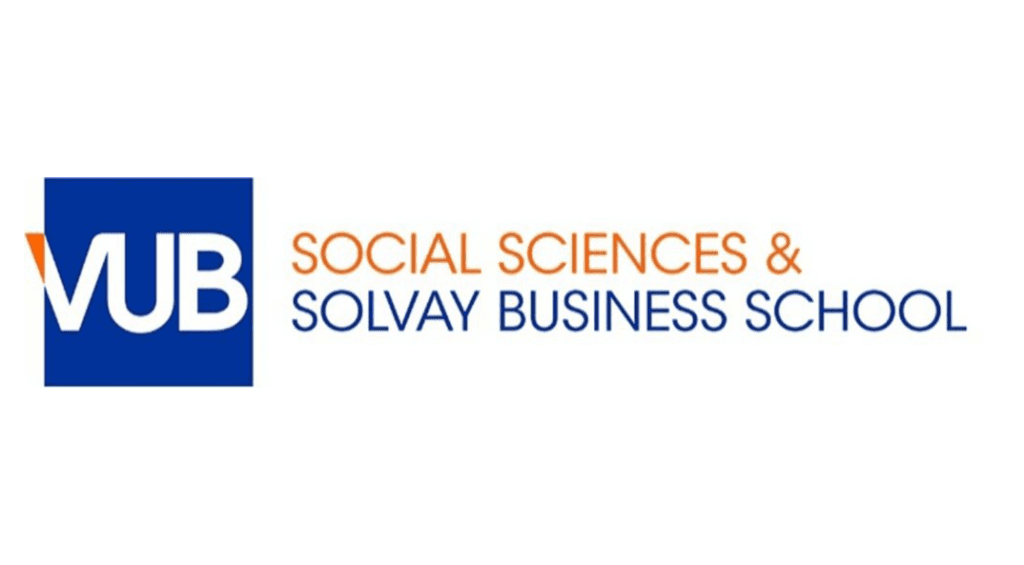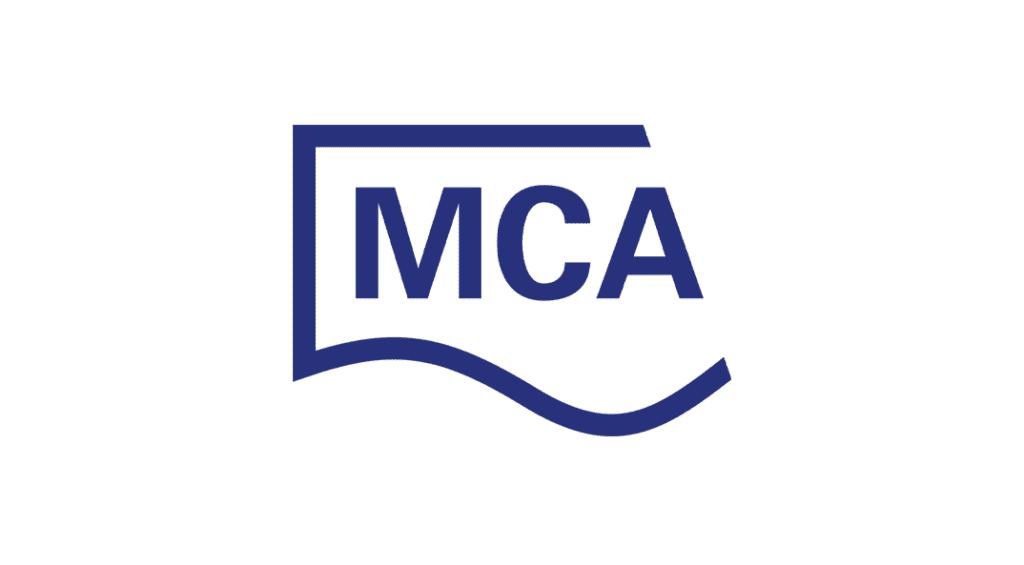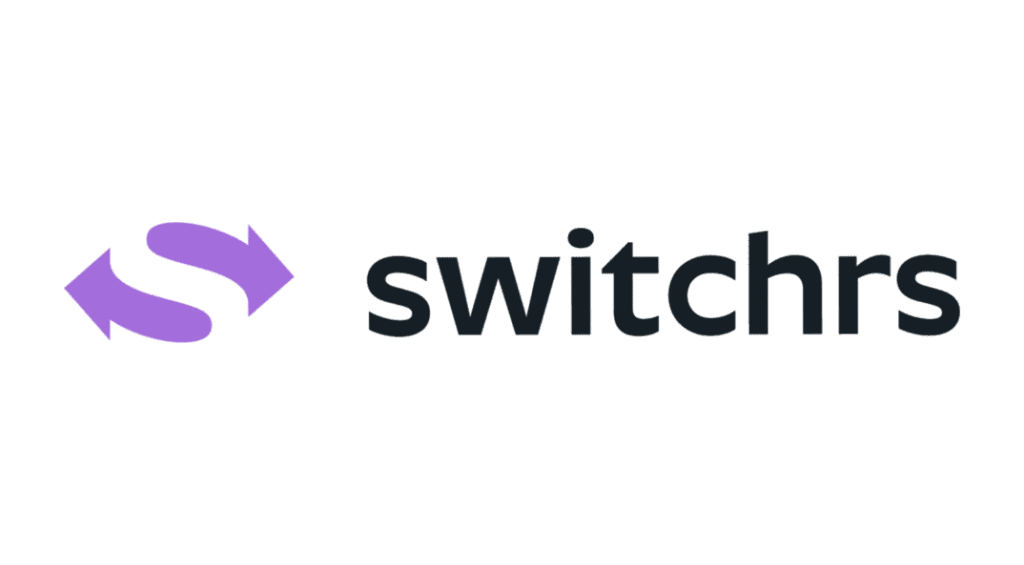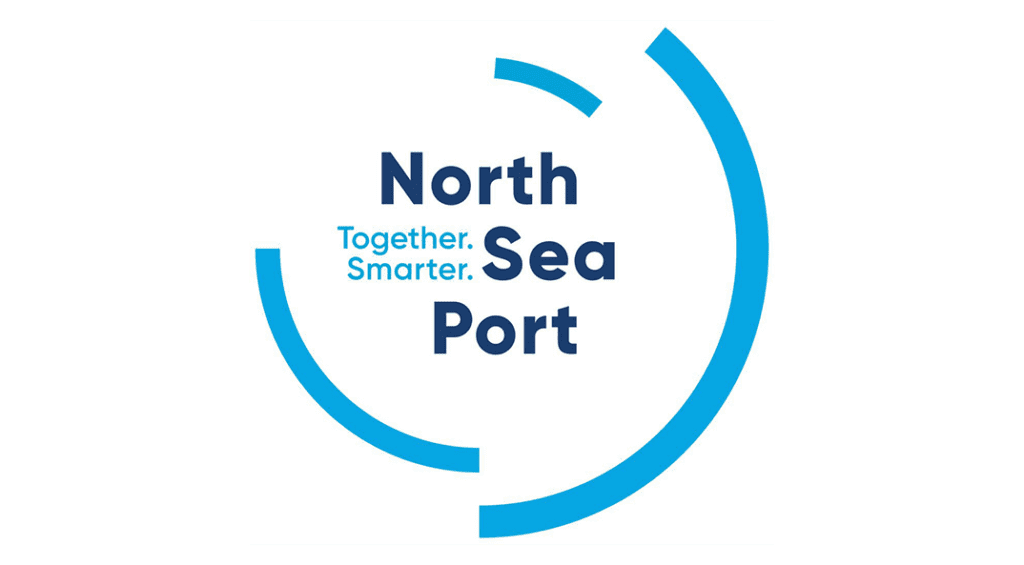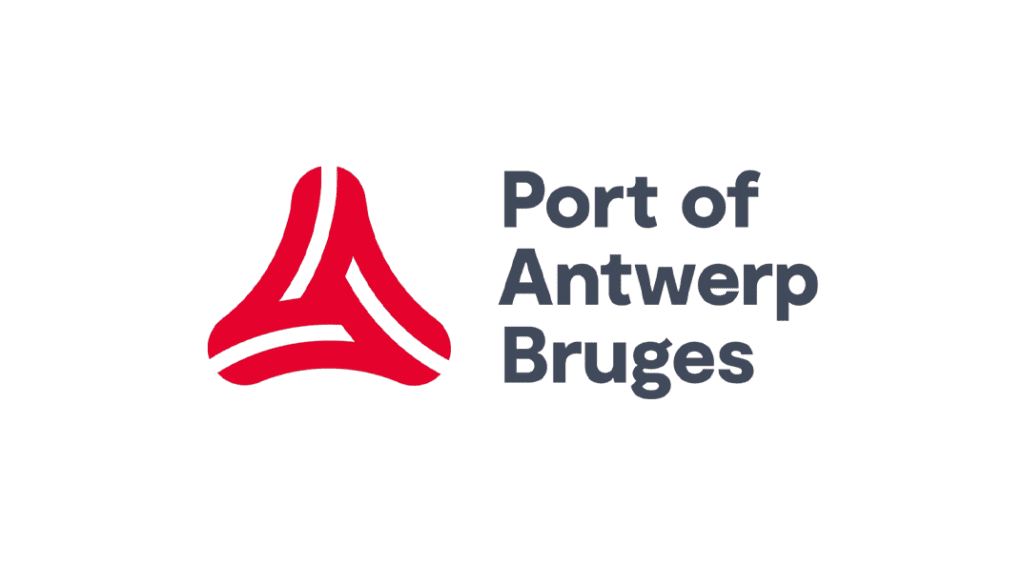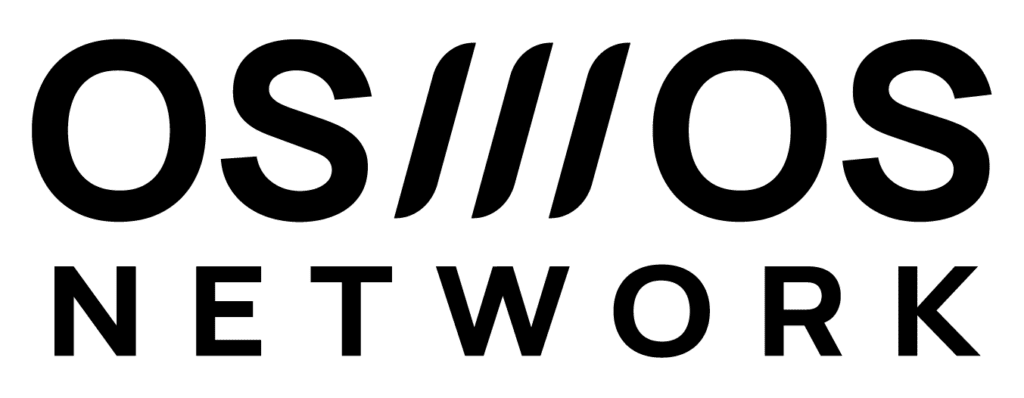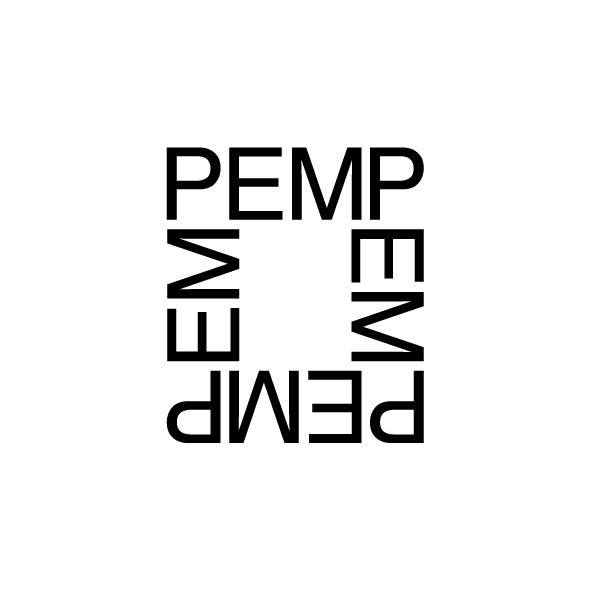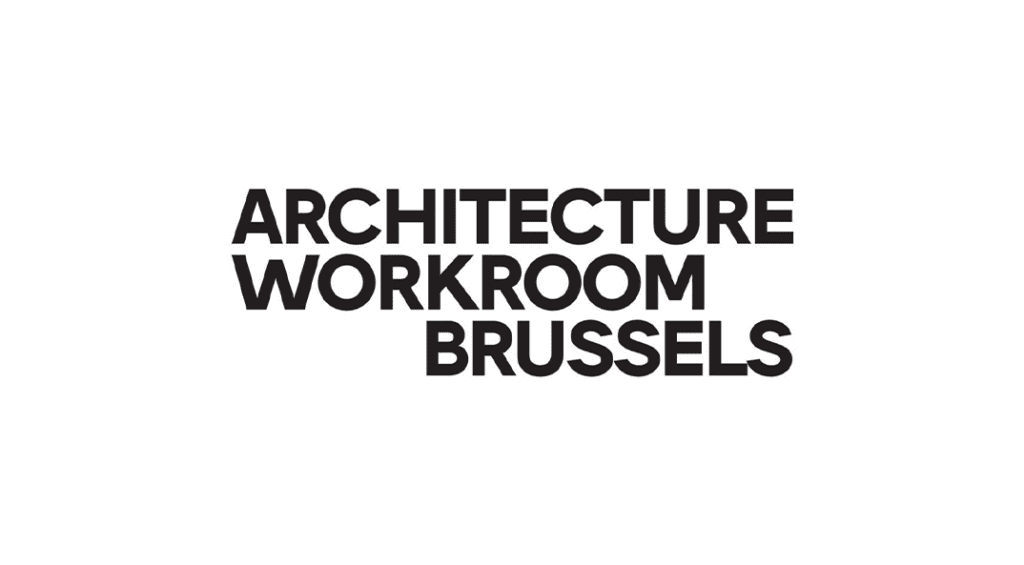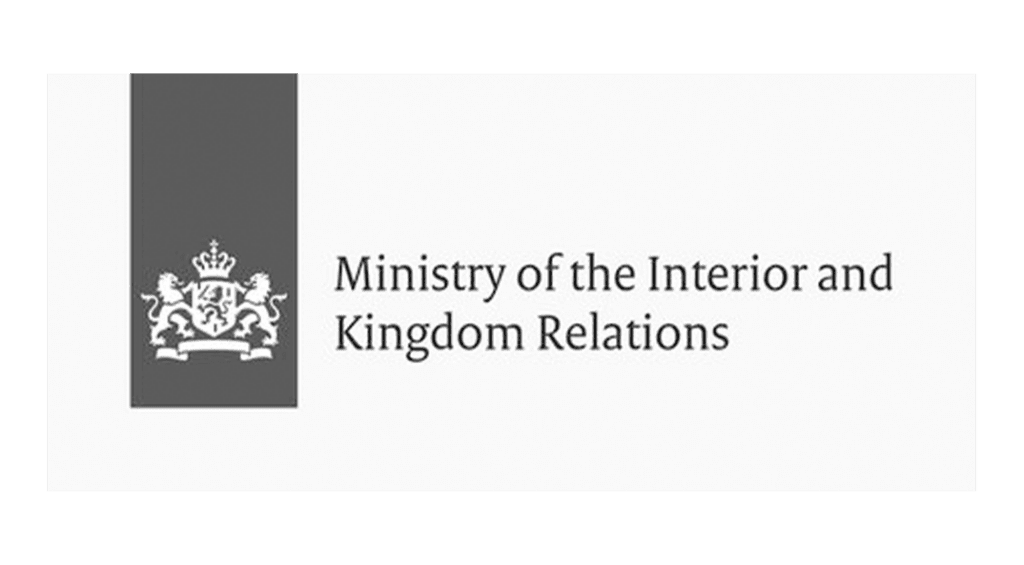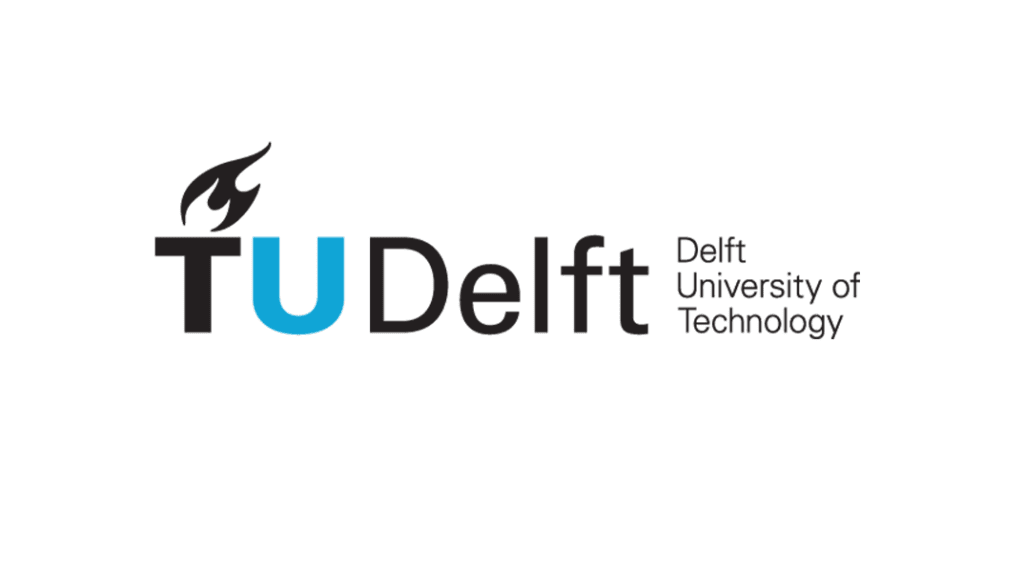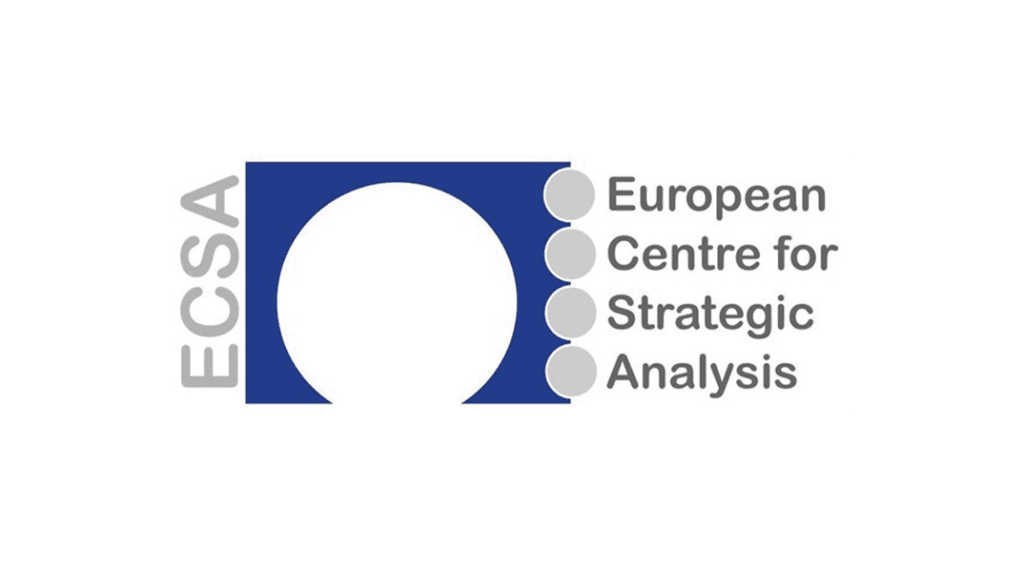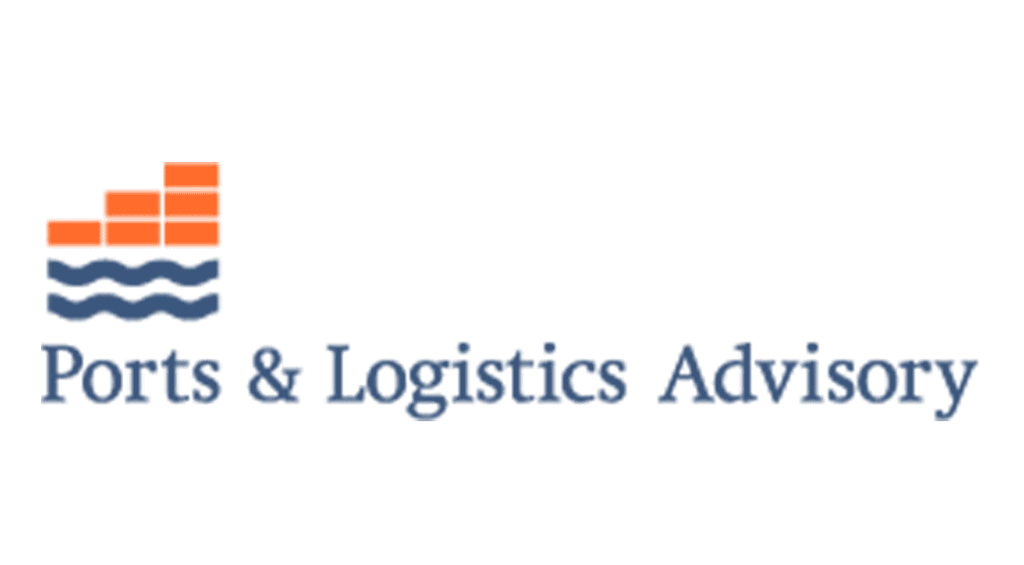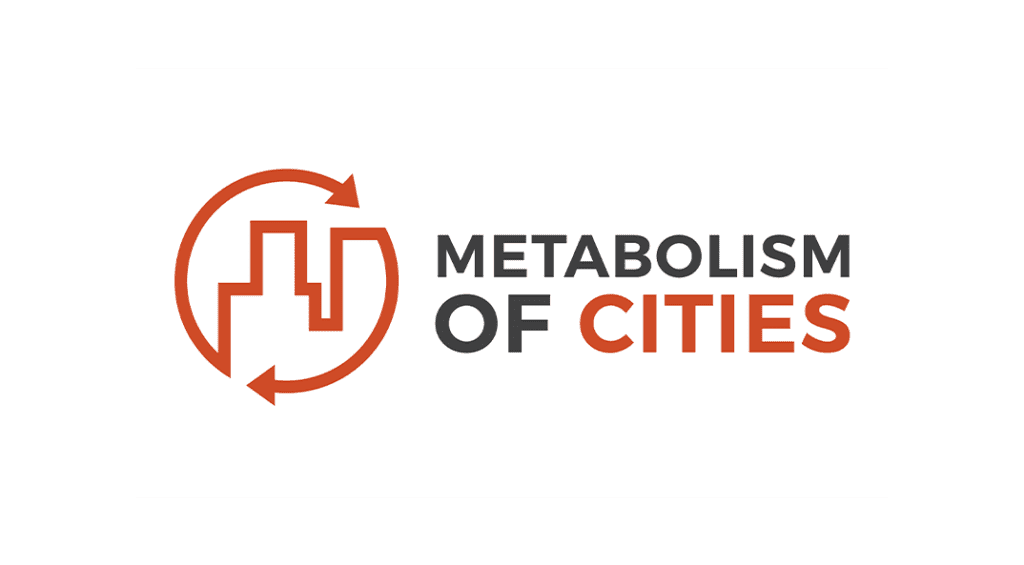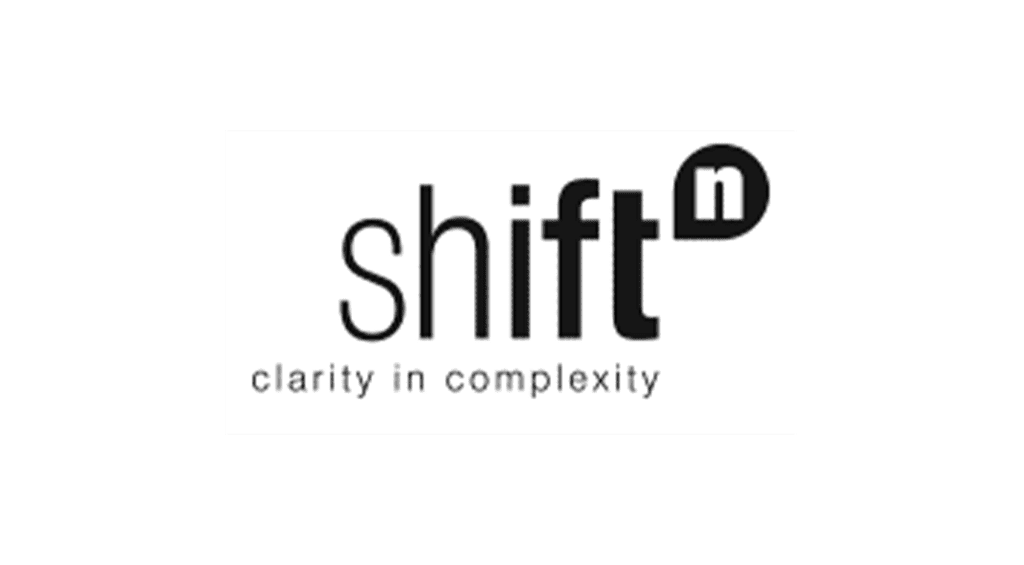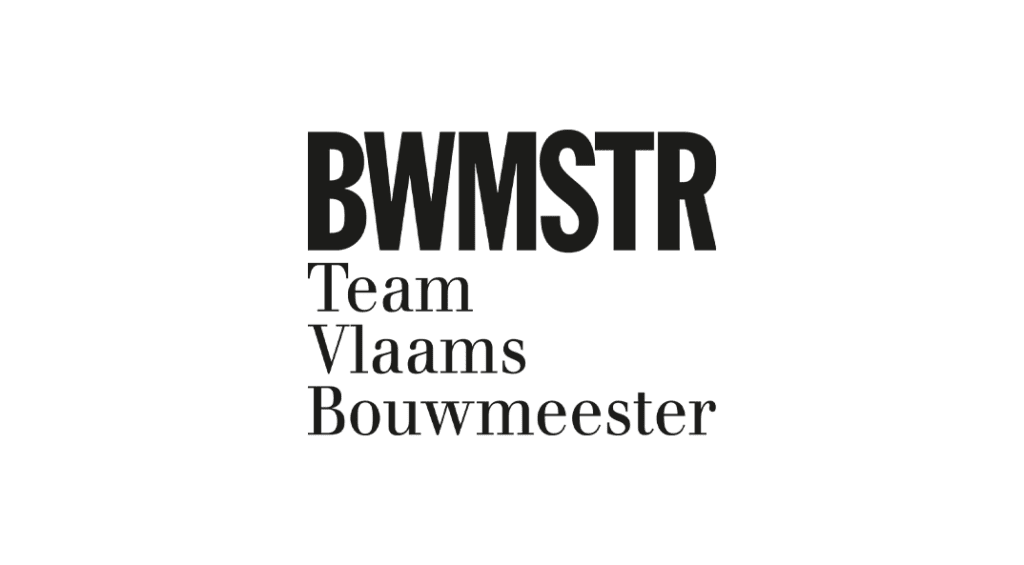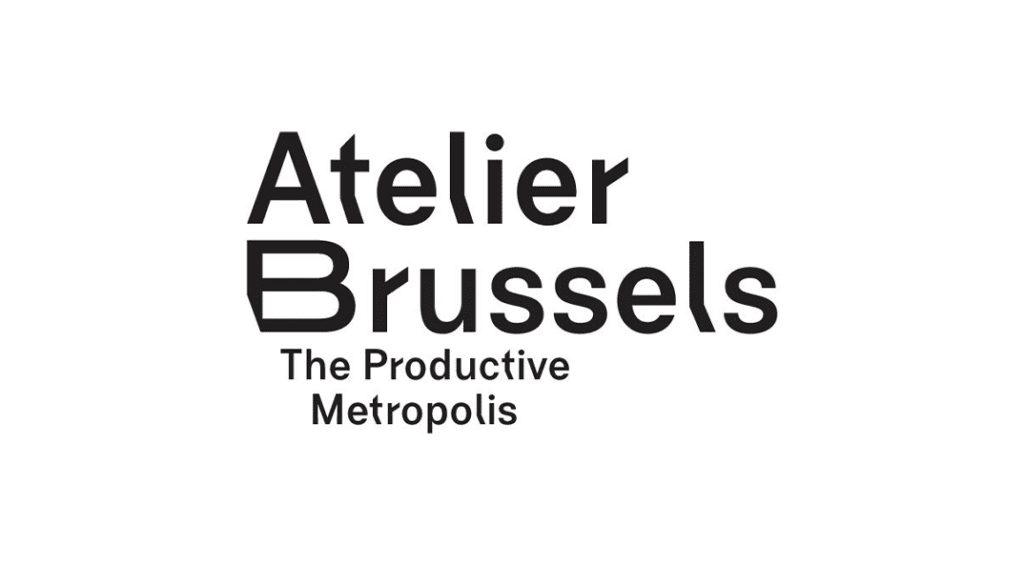Supporting port professionals, businesses and communities in the transition to a Circular and Low Carbon Economy

Re-sources
Newest features
Belgium’s EU presidency highlights circular economy
ESPO rewards CE Projects in Europe’s Ports
Port of Rotterdam report on raw material transition
New call for collaborations on ‘circular business models’
Themes
Get started on circular ports
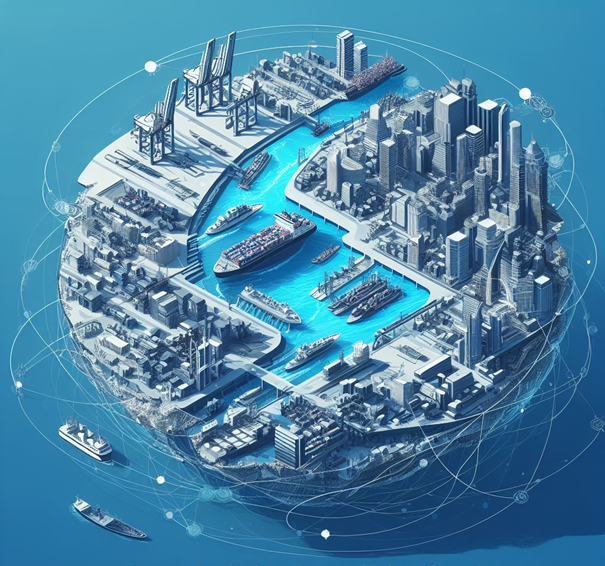
Port Performance
The quest for performance measurement has always been a key issue for ports. Port managers need to organise complex processes efficiently and effectively to find the best ways of delivering value to their customers and addressing stakeholder concerns.
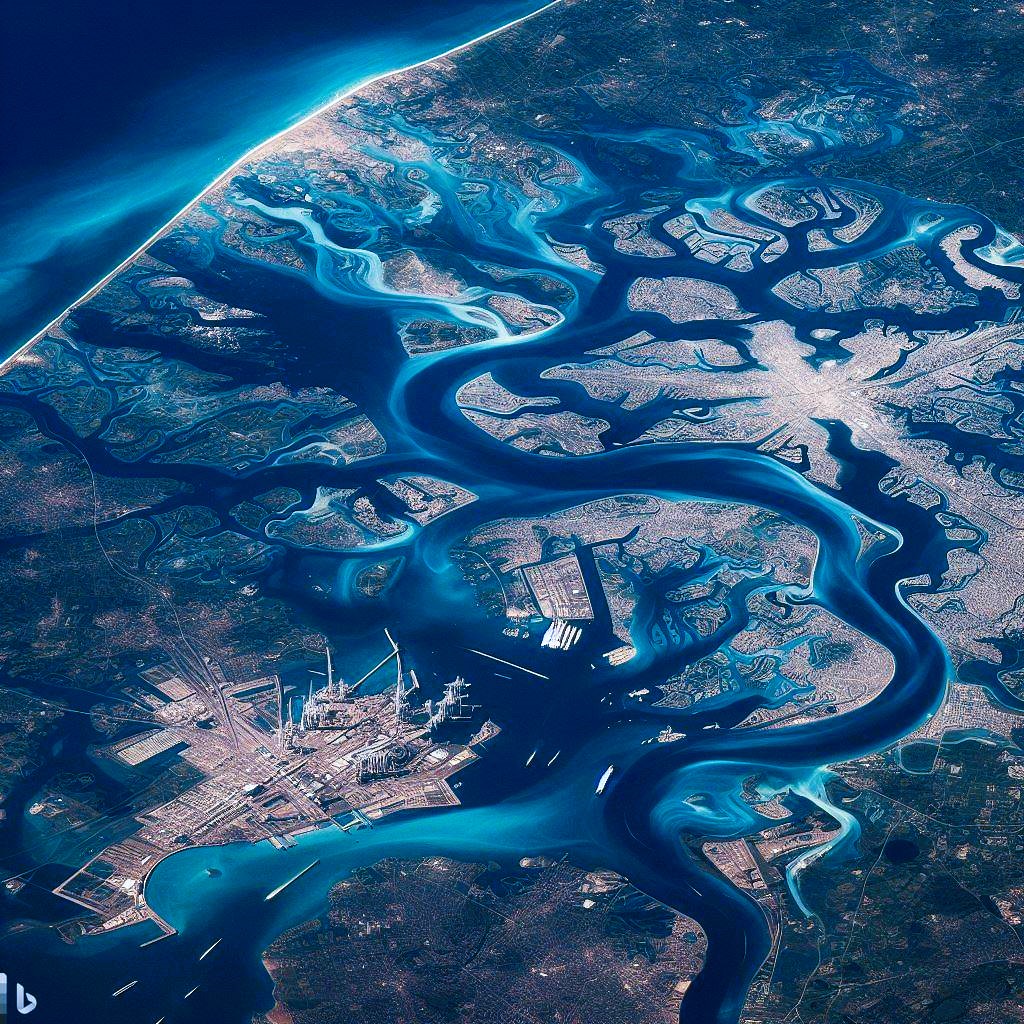
Port Integration
Ports have great potential for circular management resources. Yet their capacity depends on infrastructure and networks. By looking at how ports are integrated into their context, it is possible to identify where ports can play a role in the larger circular economy.
Completing the picture
Until now, we have tackled climate change primarily by switching to renewable energy. We are decarbonising at speed, partly to become more self-sufficient in an ever changing global system.
We need to be reminded that the energy transition will only solve half of the climate problem. It’s like we’ve only read half the book, or seen half the movie.
So what completes the picture? Changing the way we use materials and manage land. This is where circularity comes in.
It is more than energy. It is about flipping our current take-make-waste economic model on its head to one where we eliminate, circulate and regenerate.
Source: Ellen McArthur Foundation
Tracks
Doing the doable

Circular Port Monitor
How to develop a proper framework and process towards a mature monitoring system for the circular economy in port ecosystems.
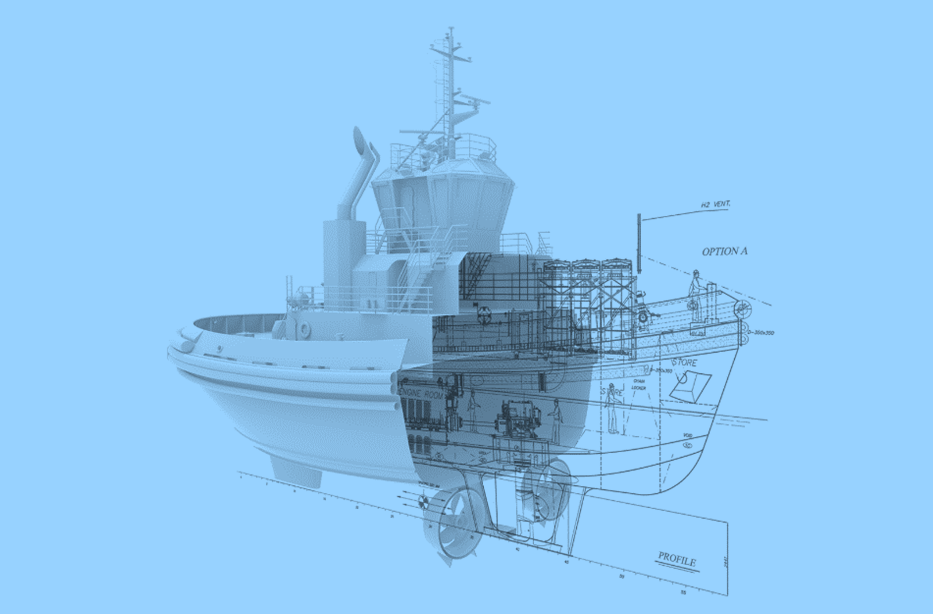
Circular Ship Design
How can we make ships more modular and flexible in changing times, and ensure that a circular ship with more circular material choices can compete with the current financing models for traditional ships?
We’re proud to partner with
Endorsers
Theo Notteboom is Professor of Port and Maritime Economics. He is Chair Professor ‘North Sea Port’ at Maritime Institute of Ghent University, and a Professor at Faculty of Business and Economics of University of Antwerp and Antwerp Maritime Academy. He previously held positions as professor and foreign expert at universities in Dalian and Shanghai, China, and as MPA visiting professor at Nanyang Technological University in Singapore. He is Vice-President (2022-ongoing) and past President (2010-2014) of International Association of Maritime Economists (IAME). He is co-founder and co-director of Porteconomics.eu and member of the Risk and Resilience Committee of International Association of Ports and Harbors (IAPH). He published widely on ports and maritime economics and is co-author of the handbook ‘Port Economics, management and policy (Notteboom, Pallis & Rodrigue, 2022; Routledge). He is one of the most cited maritime economists in the world. Theo Notteboom has been involved as promoter or co-promoter in more than 100 academic research programs on the port and maritime industry and logistics topics.
Contact:
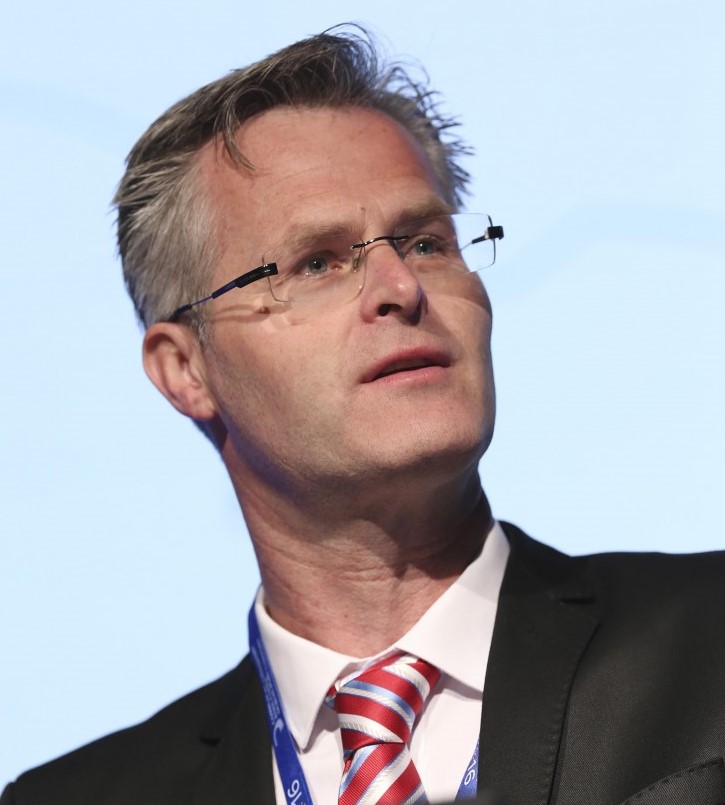
Theo Notteboom
Professor of Port and Maritime Economics
Ports are stepping stones towards a circular economy. However, the path ports follow is often covered with uncertainty, challenges, and lack of clarity. The Circular Ports initiative of Circular Flanders offers a much-needed holistic view of the wide array of issues at play for circular economy in ports. By combining research insights and best practices, it offers a unique insight into what circular economy means for the strategy, governance, and operations of ports.
As Regional Port Commissioner, Jan Blomme reviews on behalf of the Flemish government the decisions of the port authorities (Antwerp and Zeebrugge, now merged to the Port of Antwerp-Bruges, North Sea Port Flanders and Ostend) for compliance with the legal regulations. In addition, the Port Commissioner also approves port authorities who intend to invest in third-party companies. He stimulates, coordinates, and mediates collaboration between ports and port authorities. Jan Blomme was previously General Manager of ‘Port of Antwerp International’ and Head of the ‘Strategy and Development’ department at the Antwerp Port Authority. Until last year, he was a visiting professor at the University of Antwerp, where he taught the ‘Port Strategy’ course.
Contact:
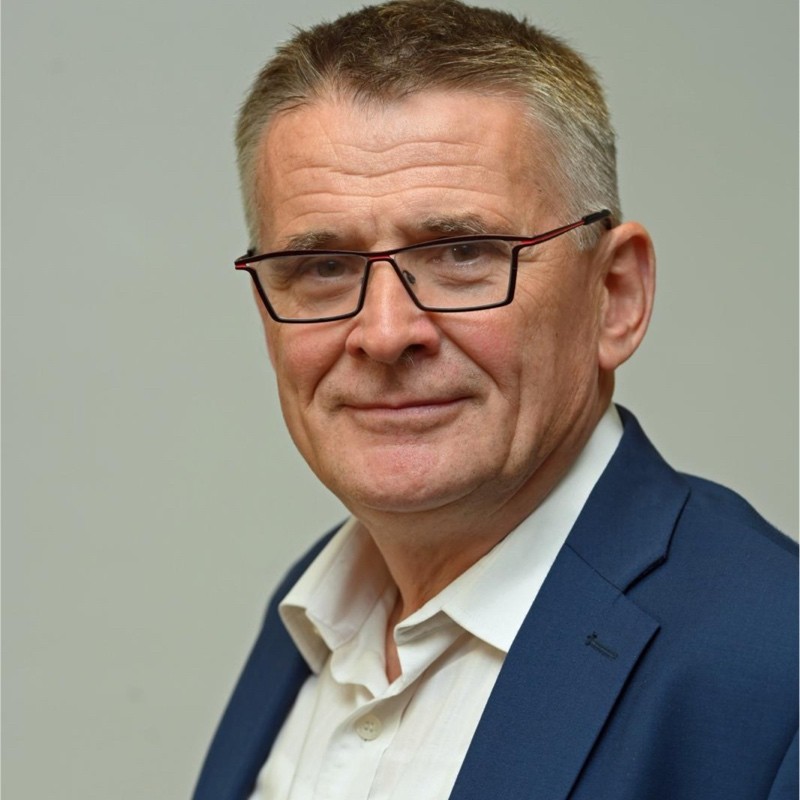
Jan Blomme
Flemish Port Commissioner
At a time of change, when port communities are increasingly faced with a declining resource base and ecological limits, the concept of a circular economy is becoming a crucial dimension of port strategy. As hubs for major logistics flows and locations of key industries, ports – perhaps more than elsewhere – can become drivers and places for facilitating the transition to a more circular economy. The Circular Ports initiative offers an opportunity to share approaches and insights between ports and identify opportunities for collaboration. It also serves as a go-to place and can simultaneously record and catalog progress in this field.
